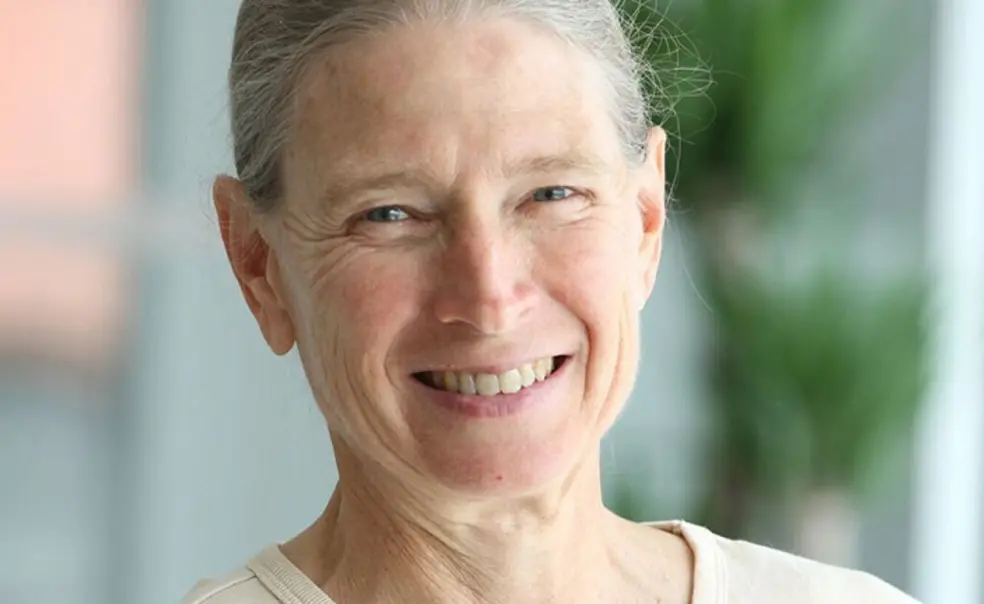Jan. 4: Frances Seymour *86 Seeks an End to Deforestation
Frances Seymour *86, an expert on tropical forests at the World Resources Institute, says governments’ commitments to Indigenous people and new satellite technology make her hopeful that efforts to stop deforestation could work. — NPR
Maria Ressa ’86 was named Hero of the Year by Esquire Philippines. In an interview she discussed how money, politics, social media, and more are changing journalism and democracy, and how she learned courage by facing her fear. — Esquire Philippines
Harvard law professor Randall Kennedy ’77 spoke on the Open Source podcast about race in America, including the New York Times’ 1619 Project and the anti-racism letter many Princeton faculty members signed in 2020. — LitHub
When the Milwaukee schools decided to go virtual for a week, Wisconsin Rep. Mike Gallagher ’06 called virtual schooling “the biggest blunder” of the pandemic. — The Associated Press
“But I hope there is no human being who has not had one moment, at least, when they stood in the world, undone by awe and radiance, and the small self vanishes, and you understand the world as immense and yours, and not yours.”
— Poet Jane Hirshfield ’73 discussing her experience as a Zen monk and her work as a writer. — On Being
NYU epidemiologist Celine Gounder ’97 said the inequity of “test to stay” policies across schools is “unfortunately a reflection of how we fund schools in this country.” — Axios
Richard Stengel ’77, who wrote a biography of Nelson Mandela, remembered Desmond Tutu as “one of the handful of those who can be called South Africa’s greatest generation.” — Time
Former Princeton economics professor Burton Malkiel *64 recommended people rebalancing their investments at the end of the year consider the treasury’s I bonds, currently paying 7.12 percent, as a way to safeguard against inflation. — The Wall Street Journal
Writer Peter Hessler ’92 described the many changes experienced by the mostly poor, “peasant” students he taught in a small Chinese city in the 1990s, as they adapt to a more urban, prosperous China. — The New Yorker
Sign up for PAW’s Alumni in the News newsletter at paw.princeton.edu/email.












No responses yet